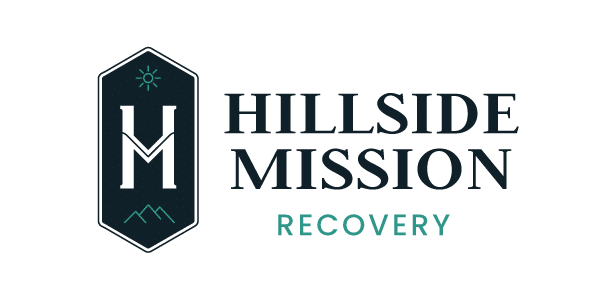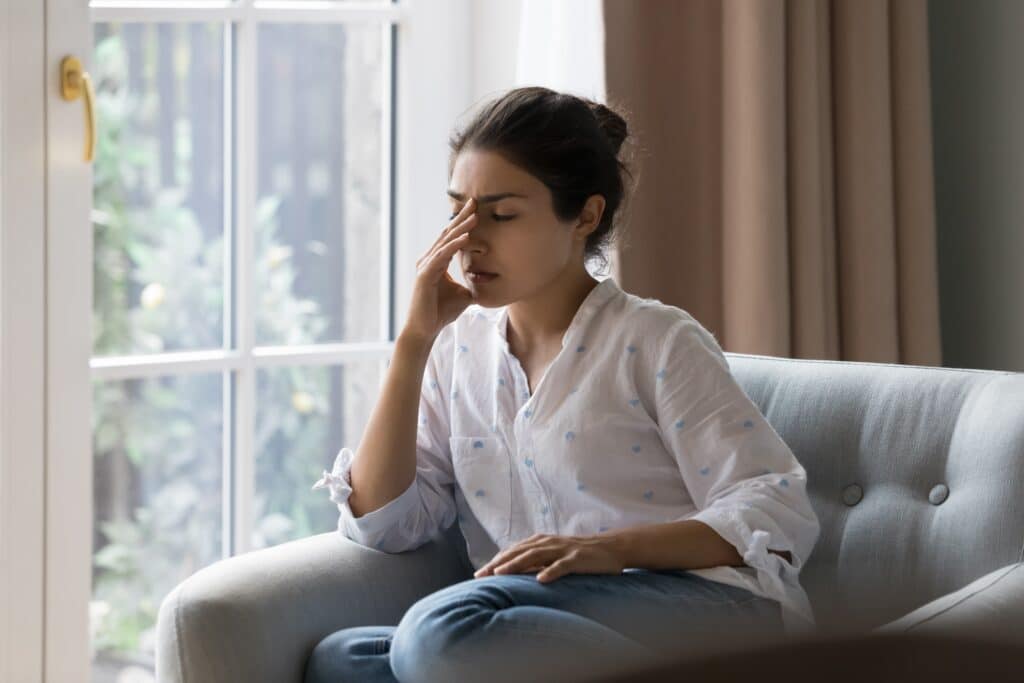Are you an addict or a recovering addict considering group therapy (also known as group psychotherapy)? If so, that’s great! This therapy comes with a lot of benefits. But before we delve into that, let’s talk about group therapy.
For starters, ditch the group therapy idea from Hollywood movies. Why?
Hollywood’s group psychotherapies are all about glamour and fun fare. They are more of support groups like NA, Narcotics Anonymous, than group therapies. How so?
Do you remember Sandra Tancredi from Prison Break? If that’s old, how about Rue, from Euphoria?
The two ladies were both recovering addicts. They attended group meetings in a church – with coffee in hand. Everyone goes around the room and shares stories and personal experiences. This is called a support group. Similar to group therapy, but not the same.
So, what then is exactly group therapy? What are the major benefits of group therapy? Hillside Mission encourages you to read on to find out.
What Is Group Therapy?
Group therapy is defined as treating a small group of patients together under the facilitation of one or more therapists. That way, patients can comfortably express themselves and accept criticisms too.
Group psychotherapy is common practice in addiction treatment and can prove helpful to your recovery goals. The initial thought of sharing your not-so-proud moments with a group of people can be intimidating, but there are incredible benefits to this type of addiction therapy.
While the NIH’s (National Institute of health) publication suggests that suicidal patients or patients suffering acute pain might be better suited for individual therapy and motivational interviewing, group therapy generally accommodates anyone suffering from addiction.
According to the American Psychological Association, the participants of a group therapy range from five to fifteen people. So, if you’re not comfortable being around a larger group, there are smaller group therapy options available. Now that you understand the basics, let’s discuss the major benefits of group therapy and its meetings.
Major Benefits of Group Therapy
A SAMHSA resource summarized the benefits of group therapies as follow:
-
Isolated Reduced
No one should have to get sober alone. Joining or participating in group therapy can reduce the urge to isolate. More importantly, group meetings provide it’s attendees with hope. By seeing other people successfully recover from an addiction, you will feel like it’s also possible for you. During this time, you get the chance not only to break out of your shell but also interact with other people, not just a therapist.
-
Support
When battling an addiction, it’s common to feel alone and like no one understands you. During group therapy, you will hear other addicts’ experiences first hand. It can be quite comforting to know you aren’t the only person who did something ‘shameful’ or stole from someone you love to feed your addiction.
-
It Boosts Communication and Social Skills
Group therapy often encourages recovering addicts in tasks that boost their mental and social skills. This way, attendees stay abridged of recent developments as they navigate their recovery in an environment of love.
How to Continue Group Therapy After Addiction Treatment
Group therapy is widely available for recovering addicts after they complete addiction treatment. It’s even encouraged that anyone leaving addiction treatment continues with aftercare. Aftercare can take place in many shapes and forms. Some people attend support groups like Alcoholics Anonymous or Narcotics Anonymous. Others continue with group and / or individual therapy.
Whether you choose to do one of the options above, or a combination of more than one, your chances for relapse are way less likely when you work on your recovery every day.
Get Help Today With Addiction at Hillside Mission
Hillside Mission is a world-class addiction treatment center located in Orange County, California. We offer detox, residential inpatient treatment, and comprehensive aftercare services. Contact us today to see how we can help you with your addiction!






